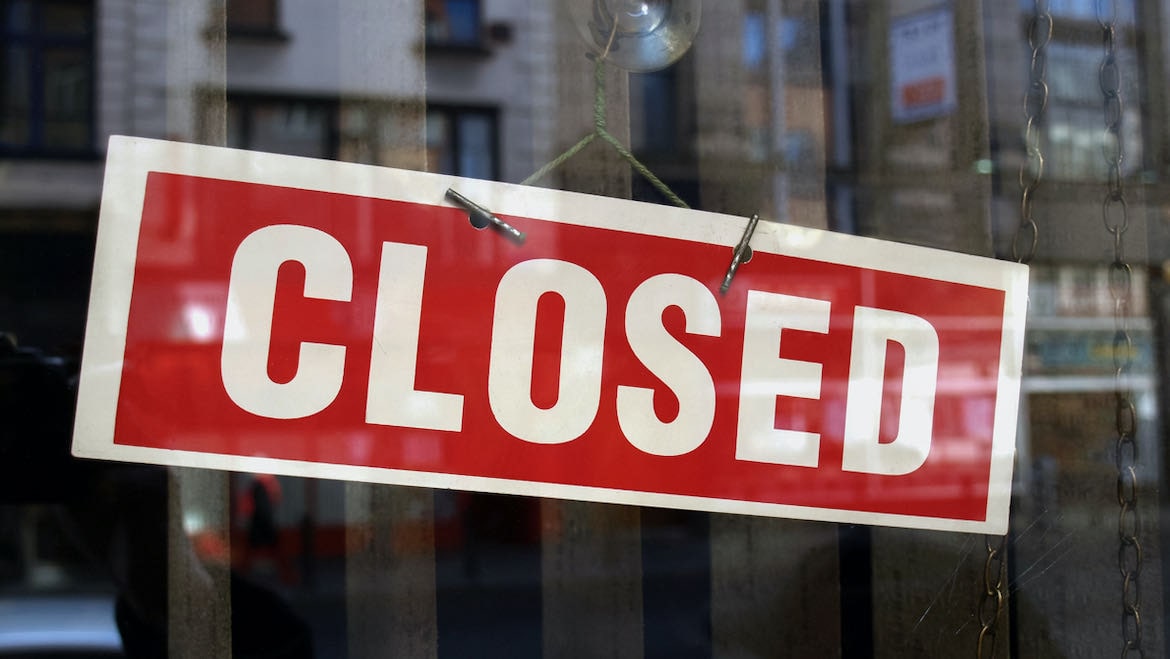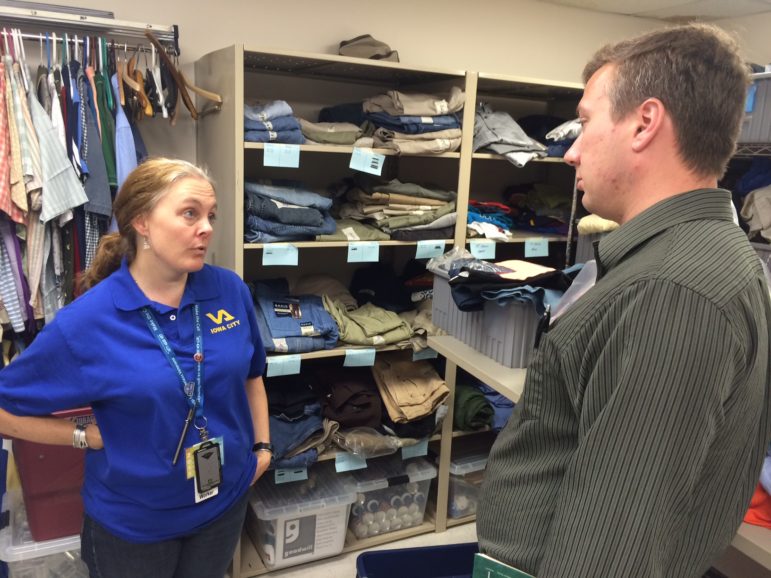Tag: Nonprofit news
WYPR, news startup agree to editorial, operational partnership
WYPR and The Baltimore Banner plan to collaborate on news coverage while exploring ways to integrate their operations.Nonprofit newsroom dissolves over allegations directed at founder
After a journalist tweeted about “massive red flags” during a job interview, FairWarning’s board called it quits.Voice of San Diego’s guide to public schools gives audiences more of what they want
“We have never produced a product that people were this excited about and wanted this much," says Scott Lewis, VOSD's chief editor. ...Midwest nonprofit news outlet seeks to boost engagement-based journalism
The engagement fellow will focus on diversifying MCIR’s audience by involving community members in the newsroom’s editorial process and fostering conversations about ...Knight News Match raises more than $1.2 million
“This is yet another sign that the public is willing to pay for quality journalism,” said Jennifer Preston, Knight Foundation’s VP of ...Missouri’s KCUR expands public media coverage of Kansas
With reporters from the Topeka-based Kansas News Service, public stations in the region will boost coverage from the state capital and other ...Mississippi Today startup pursues role of government watchdog
The news nonprofit has been covering budgeting issues and contentious legislation coming out of the capitol.Nonprofit news site Oakland Local will suspend production, search for new management
Co-founder Susan Mernit stepped down to pursue another project.Knight Foundation study finds uneven growth among news nonprofits
“Nonprofit news organizations offer the potential to become part of the bedrock of a strong local news and information ecosystem,” the report ...Friday roundup: ACL performers play for scale; NPR tweaks newsmag rules
Also: INN launches a site to track news about nonprofit journalism.Nonprofit Marshall Project gears up for putting criminal justice reform on national agenda
The Washington Post had a blockbuster front-page investigation with a lengthy Aug. 3 story about an unreliable witness in a Texas execution case. But ...Temple University axes nonprofit news site AxisPhilly, shifts focus to other ventures
The Center for Public Interest Journalism at Temple University shuttered nonprofit news website AxisPhilly June 13 after two years of reporting that ...MinnPost, Voice of San Diego set high membership goals with support from Knight
The two nonprofit newsrooms will split a $1.2 million grant from the foundation over two years.Omidyar and Greenwald’s new journalism venture will be incorporated nonprofit
First Look Media, a new journalism organization backed by eBay founder Pierre Omidyar and headed by former Guardian columnist Glenn Greenwald, will include a 501(c)3 ...Diversified revenues are key to sustainability, Knight study finds
Nonprofit news organizations have made significant progress in developing healthy and sustainable revenue streams, according to a recent study by the Knight ...









